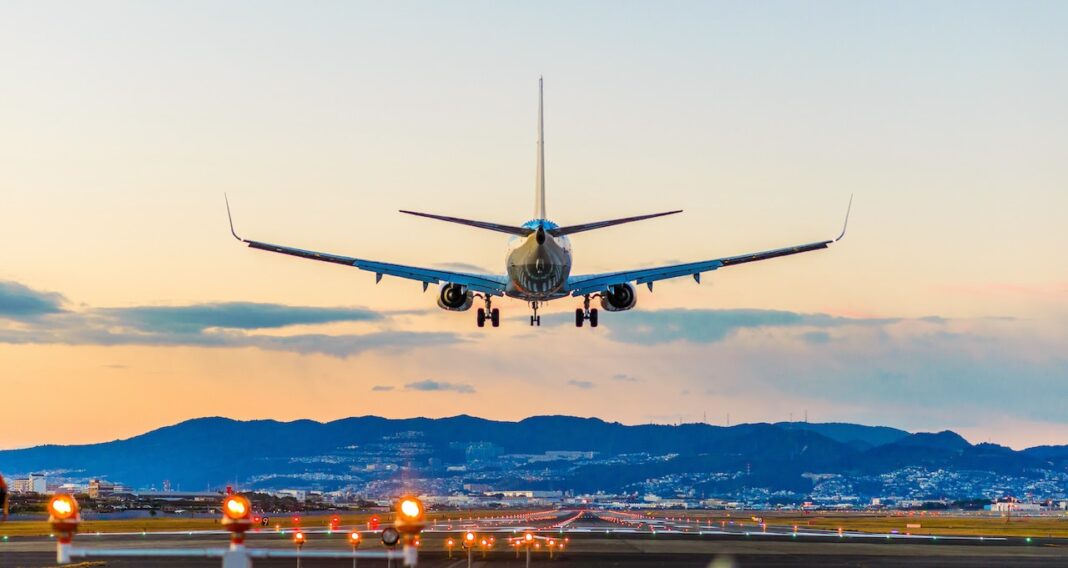The outcome of the 2024 US presidential election can transform the commercial aviation landscape and influence key areas such as political aviation, sustainable fuel development, mergers and acquisitions, and air traffic control (ATC) privatization.
The impact of electoral campaigns on air traffic operations
Presidential campaign events have already introduced extensive Temporary Flight Restrictions (TFR) into US airspace, affecting operations near major cities.
A notable example was the TFR implemented over Wilmington, Delaware, in early August 2024, which restricted a 12-nautical-mile core to 17,999 feet, disrupting regular flight paths and prompting enhanced safety measures.
Political implications and sustainable aviation
The 2024 elections could have a direct impact on policies on trade, infrastructure and sustainable aviation, with the two main parties taking divergent approaches:
Trade policies: A Democratic victory could reduce trade barriers and foster stability in international aviation supply chains. However, a Republican administration could raise tariffs, which could raise operating costs.
Airport infrastructure: The Bipartisan Infrastructure Act’s $25 billion investment in airport modernization could see sustained momentum, although Republicans could prioritize traditional infrastructure with less focus on sustainability.
Sustainable Aviation Fuel (SAF): A Democratic administration would likely expand tax incentives for SAF, while Republicans may scale back green initiatives and preserve SAF programs due to their alignment with domestic production interests.
Airline Mergers and Acquisitions: Antitrust and Market Consolidation
The outcome of the election will also influence the regulatory landscape for airline mergers:
Democratic approach: Historically tougher on antitrust issues, Democratic administrations have blocked mergers to maintain competitive markets, most recently with the Justice Department’s opposition to JetBlue’s acquisition of Spirit Airlines.
Republican Approach: Known for a more pro-business stance, a Republican administration could expedite merger approvals, favoring economic benefits and industry consolidation.
ATC privatization: reconsidering long-standing debates
The debate over privatizing ATC could resurface, as Republican administrations traditionally advocate privatization to improve efficiency and streamline operations, citing successful models in Canada, the United Kingdom and Germany.
Conversely, Democrats may prefer to maintain the current ATC system operated by the FAA, supporting existing modernization initiatives and FAA funding increases.
The future of American aviation: the politics and stability of the sector at stake
From sustainability initiatives to regulatory oversight, the next administration’s policies will shape the trajectory of American aviation, influencing everything from airport infrastructure to SAF viability and merger opportunities.
The impact of this election will be profound and will set the pulse of American aviation for the rest of the decade. (https://www.travelandtourworld.es/noticias/art%C3%ADculo/Las-elecciones-presidenciales-de-2024-transformar%C3%A1n-el-panorama-de-la-aviaci%C3%B3n-comercial-de-EE.-UU.-Por-qu%C3%A9-necesita-saber/)



































